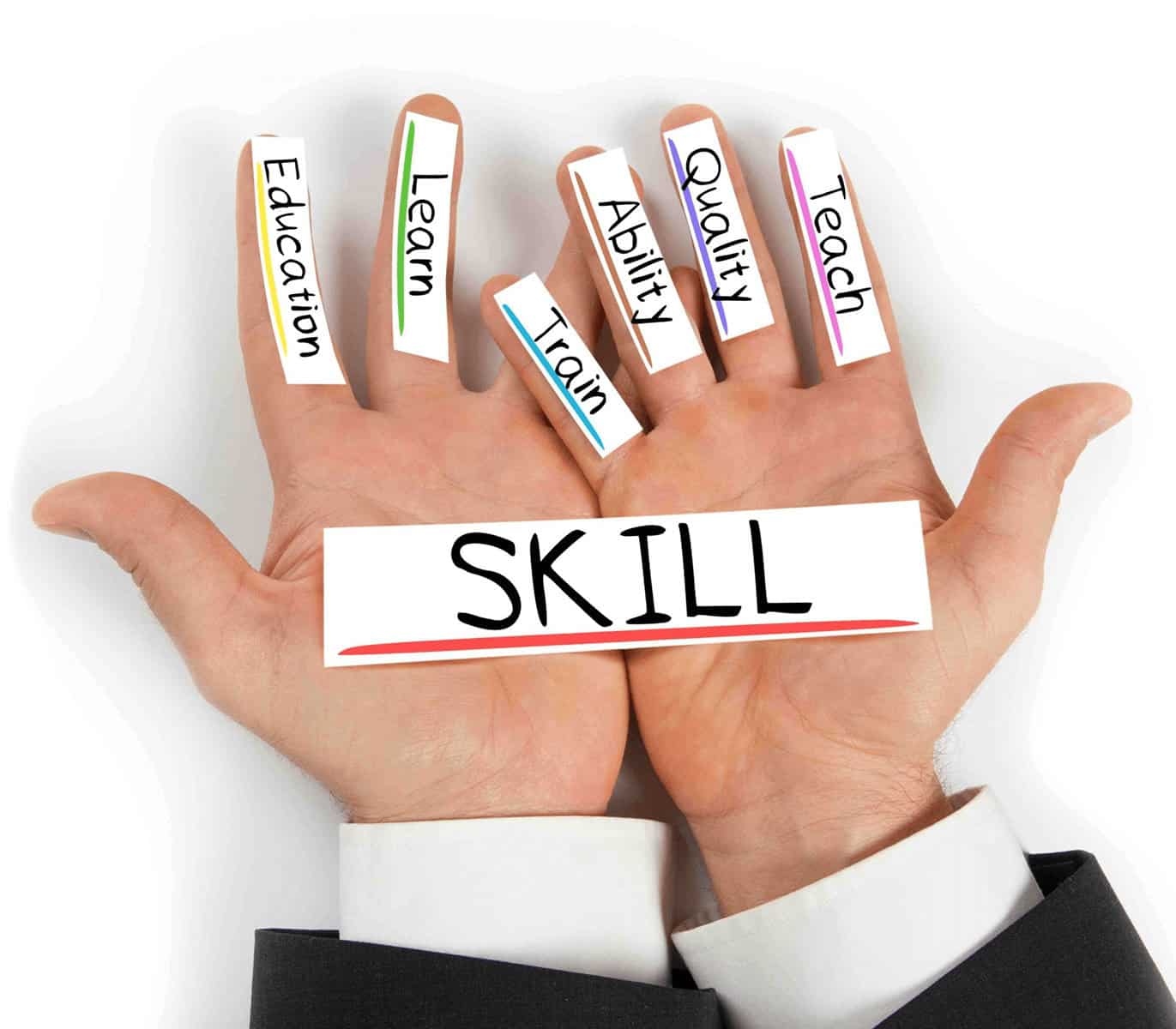Empowering Your Child for the Real World: Life Skills Every Parent Should Teach
Welcome, dear parents! ? If you’re on a quest to equip your precious little ones with the tools they need to thrive in this big, exciting world, you’ve landed in just the right place! We’re here to unfold a treasure map of skills that will not only polish your child’s abilities but also amp up their confidence to soar high in any adventure life throws their way. So, buckle up as we embark on this journey together!
Why Teaching Life Skills is Vital for Your Child’s Future?
Before we dive into the ‘how,’ let’s talk about the ‘why.’ Why is it super important to instill life skills in your children? Well, think of life skills as the secret ingredients that make a dish go from “Meh” to “Wow!” ? They are the essentials that help your child navigate the complexities of daily living, enhance their social interactions, and ultimately, pave the way for a fulfilling and independent life. Now, let’s get down to the nitty-gritty!
The Top Must-Have Skills for Little Champions
- Communication – Whether it’s expressing their needs, sharing their thoughts, or listening to others, communication is the golden key to building relationships and resolving conflicts.
- Problem-solving – Life is like a tricky puzzle at times. Teaching kids to approach challenges methodically turns those “Uh-oh” moments into “Aha!” victories.
- Time management – It’s all about being the boss of their own time! Learning to prioritize and organize can make the difference between chaos and harmony.
- Financial literacy – Money doesn’t grow on trees, unfortunately. Guiding children through the basics of saving, spending, and budgeting gives them a head start on the road to financial wisdom.
- Empathy and respect – A caring heart and a respectful attitude are the passports to becoming a global citizen who values diversity and inclusion.
Let’s Chat: Effective Communication Skills
Starting with communication, this is the superglue that helps your child stick with peers, educators, and eventually, colleagues. Here’s a little blueprint on how you can nurture those chatty skills:
- Listen Actively – Be a role model and show them how it’s done. When they speak, give them your full attention. This teaches them to value the opinion of others and hones their active listening mastery.
- Express Clearly – Encourage them to speak their mind but also to consider their words carefully. Guide them in framing sentences that convey their message without causing confusion or hurt.
- Non-verbal Cues – Sometimes, it’s not what you say, but how you say it. Help your children understand the power of body language and tone in conveying their message.
- Emotion Management – Guide them to recognize and name their feelings. This will assist them in explaining how they feel and why, making their communication more effective and empathetic.
Remember, parents, teaching these skills is not an overnight task. It’s a joyous ride, filled with laughter, learning, and loads of love. Stay tuned as we will unravel more about problem-solving, time management, financial literacy, and empathy in our upcoming discussions. Together, we can ensure that our little ones step into the world armed with the armor of life skills, ready to become happy, self-reliant, and compassionate individuals. See you in the next chapter of this delightful journey! ?

5 Things Parents Should Know in Preparing to Teach Life Skills
Before you embark on this beautiful mission of preparing your child with life skills, here’s a handful of nuggets you’ll want to pocket:
- Patience is Key – Learning life skills isn’t a sprint, it’s a marathon. Take a deep breath, and remember to celebrate the small milestones. Rome wasn’t built in a day, and neither will your child’s proficiency in life skills. Slow and steady, infused with patience, wins this race.
- Learning is a Two-way Street – Learning is not just about talking; it’s also about listening. As much as we are teachers to our children, they too have lessons to offer us. Be open to learning from them, and you’ll find new ways to impart wisdom.
- Customize the Curriculum – Each child is unique, and their learning style is no exception. Tailor your teaching methods to suit your child’s personality and preferences. Are they visual learners or do they learn better by doing? Customize accordingly!
- Real-world Practice – Theory can only take you so far, practice propels you forward. Seize everyday moments to teach life skills in a practical context. From a grocery shopping trip to budgeting for their allowance, real-world practice is where these skills crystallize.
- Encouragement is Your Best Tool – A spoonful of encouragement can lead to a bucketful of confidence. Praise their efforts, not just their successes. Encouragement can turn a daunting task into a doable one and can light the spark of self-motivation in your child.
Next Steps: Instilling Problem-Solving Skills
As we continue our breadcrumb trail of life skill teachings, let’s ready ourselves to tackle problem-solving. This trait isn’t just about finding the right answer; it’s about nurturing an approach to face challenges head-on and to devise creative solutions. Here are some starting points to guide your young problem-solver:
- Create a Problem-Solving Mindset – Encourage curiosity and ask them to question how things work. When they’re faced with a problem, resist the urge to solve it for them. Instead, ask guiding questions that lead them to find the solution.
- Break Down the Problem – Teach your child to deconstruct a problem into smaller, manageable chunks. It’s like eating an elephant one bite at a time. This makes the problem less overwhelming and more approachable.
- Explore Multiple Solutions – There’s often more than one way to skin a cat. Prompt your child to think of different solutions to a problem. This exercise expands their creative thinking and equips them to choose the best solution.
- Reflect on Results – Once a solution is applied, encourage them to reflect on the outcome. What worked? What didn’t? Reflection breeds learning, understanding, and the wisdom to do better next time.
We’ve only touched the tip of the iceberg in educating our kiddos on the vast array of life skills out there. But fret not, as we journey together, we’ll discover, learn and grow, fostering children with resilience, empathy, and the readiness to meet life’s adventures with gusto. Keep an eye out for more empowering lessons in our subsequent articles, where we’ll delve deeper into the exciting realm of time management, financial literacy, and cultivating empathy and respect. ?
See more great Things to Do with Kids in New Zealand here. For more information see here
Disclaimer
The articles available via our website provide general information only and we strongly urge readers to exercise caution and conduct their own thorough research and fact-checking. The information presented should not be taken as absolute truth, and, to the maximum extent permitted by law, we will not be held liable for any inaccuracies or errors in the content. It is essential for individuals to independently verify and validate the information before making any decisions or taking any actions based on the articles.




